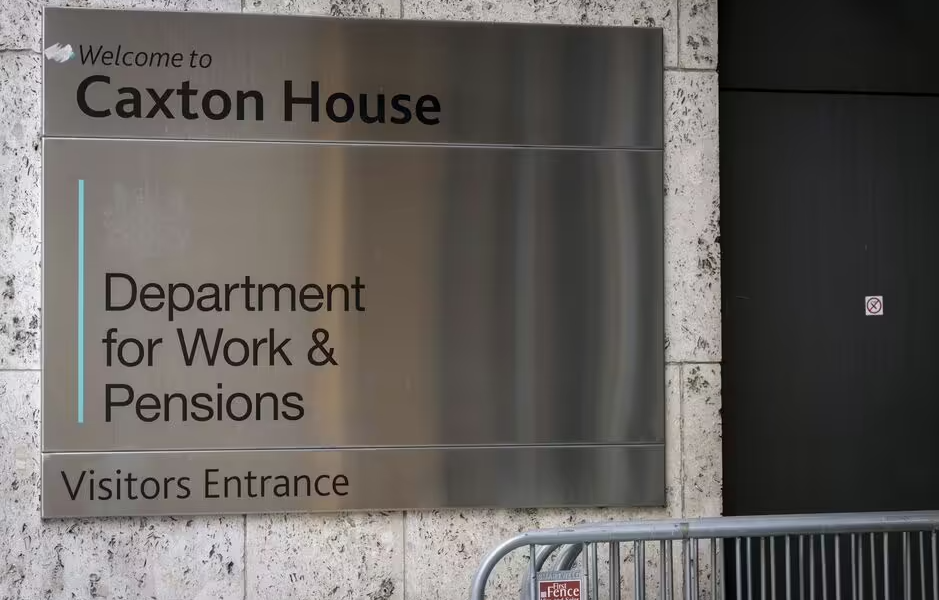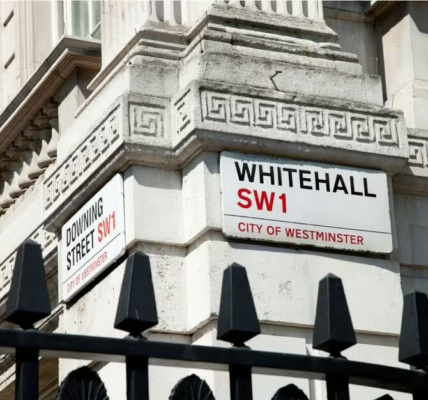DWP Clarifies State Pension Letter on ‘Directly Withdrawing Funds’ from Bank Accounts
The DWP stated that if there is no response, it does not send additional letters requesting repayment.

The DWP has clarified what powers it has to take funds from claimants’ bank accounts (Image: Getty)
The Department for Work and Pensions (DWP) has explained the powers it has to take out funds from someone’s bank account.
Recently, the DWP sent a letter to the relative of someone who had died while receiving their state pension, reports Mirror Online. The letter explained that there were no arrears on their account. However, it continues: “If there has been an overpayment, we will try to recover this directly from the deceased’s account.” The DWP was later told to clarify what this refers to, particularly as legislation is currently going through Parliament to grant DWP investigators powers to directly deduct an amount from a person’s bank account in cases where a person has wrongly received a payment and is refusing to pay up.

The person will get at least a 28-day notice period to dispute the matter. (Image: Getty)
According to the officials, in cases where a payment wrongly goes out after a person has died, they can request that the bank or individual repay the amount under the common law of restitution.
A spokesperson said: “It is not our intention to cause distress. However, we have a responsibility to taxpayers to recover overpayments. We acknowledge this is not always possible.
“Whilst there is no legal obligation to repay a debt of this type, we recognise some people will be willing to repay money to which there was no entitlement. We provide full contact details and encourage anyone with concerns to call us.”
The DWP stated that if there is no response, it does not send additional letters requesting repayment. Overpayments of this kind can happen when the department does not receive timely notification of a person’s death, preventing payments from being halted.
This differs from proposed legislation currently under consideration by MPs, which would grant officials the authority to withdraw funds directly from a person’s bank account in cases of fraud or wrongful payments.
Currently, the DWP can recover funds by deducting from a person’s benefits or taking payments directly from their PAYE earnings. However, the proposed new powers would enable them to target individuals who are not receiving benefits or payments.
If investigators intend to impose a deduction, they must first request at least three months’ worth of bank statements to verify that the person has sufficient funds to repay. The deduction may be taken as a lump sum or in installments, and the individual will receive at least 28 days’ notice to dispute the claim.




